LGBT Australians are yelled at from cars, told "kill yourself" and, on occasion, physically assaulted in damaging street harassment.
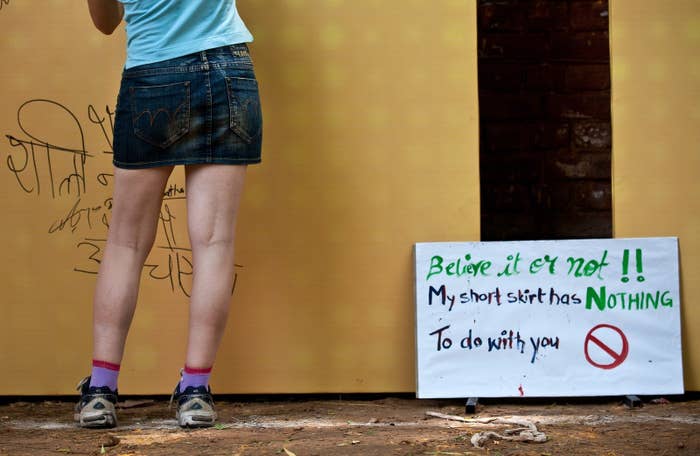
La Trobe University researcher Bianca Fileborn surveyed 292 Australians who had experienced street harassment. Of the 292, 54% identified as being of a diverse gender or sexual orientation.
Fileborn told BuzzFeed News there were "a lot of similarities" between the harassment experienced by LGBT people and that by cisgender, heterosexual women.
Across the board, 65% of the people surveyed had experienced staring, 63% verbal comments, 62% had been honked at from a car, 41% had been wolf-whistled and 42.5% had been drawn into an unwanted conversation.
"It may be the case that we haven’t been paying attention to the experiences of LGBT people," Fileborn said.
"I think harassment in general is an issue that’s downplayed, minimised and ignored – and I think that’s even more so for LGBT people.”
BuzzFeed News spoke to four LGBT Australians about harassment they've experienced and how they dealt with it.
Alex McGilvray, student & retail worker
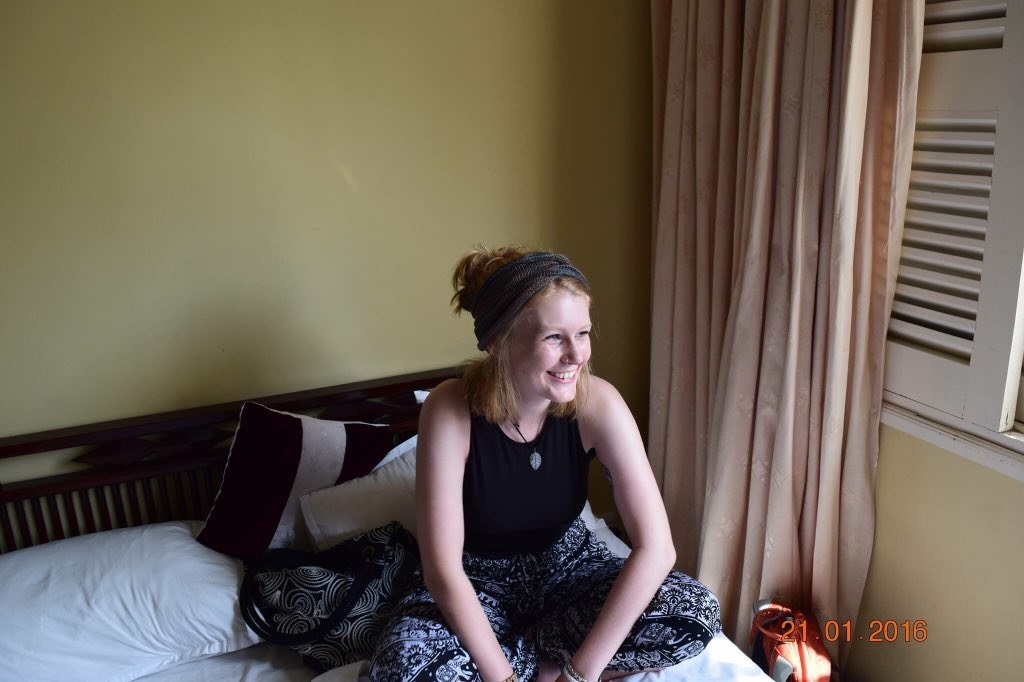
Alex McGilvray was just 15 when two men walked into her train carriage and called her a "fucking dyke".
"I still remember this guy's spit going right into my eye," she told BuzzFeed News.
Now 18, McGilvray described her experiences with street harassment as "lucky", because the stuff she's copped has just been verbal. "But it still makes you feel like crap," she added.
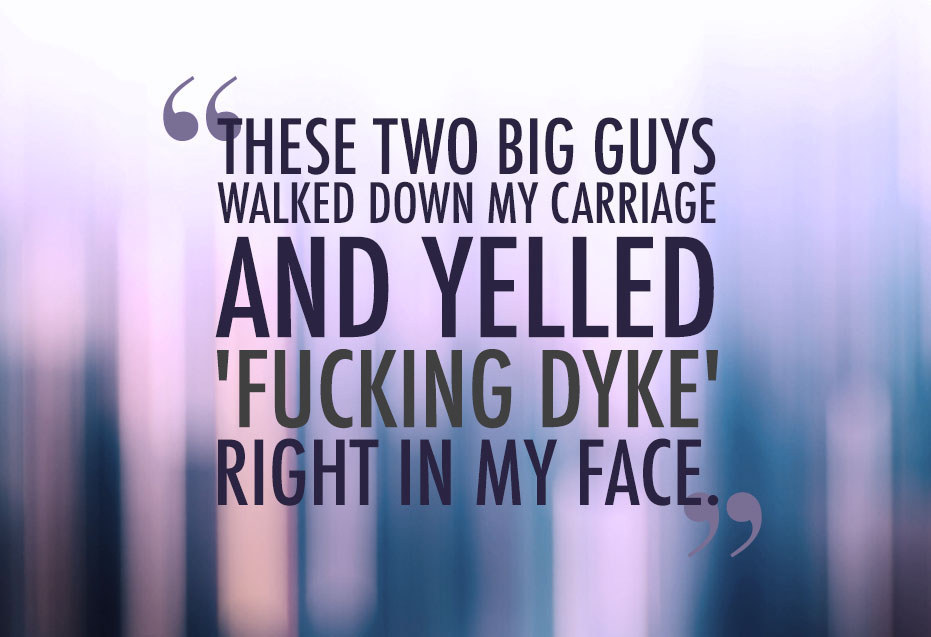
Another time, she was seated in a park with her girlfriend when they were approached by a group of men who said the couple "hadn't met the right man" and that they could "make them straight".
The men thought they were being hilarious, said McGilvray – which plays into a wider problem around street harassment.
"People in leadership and in law enforcement don't really see it as a big enough crime so they don't intervene," she said. "There's so many people who think 'Oh, it's people having a laugh' and stuff like that, without realising that it can really impact the victims."
Veronica Garward, student
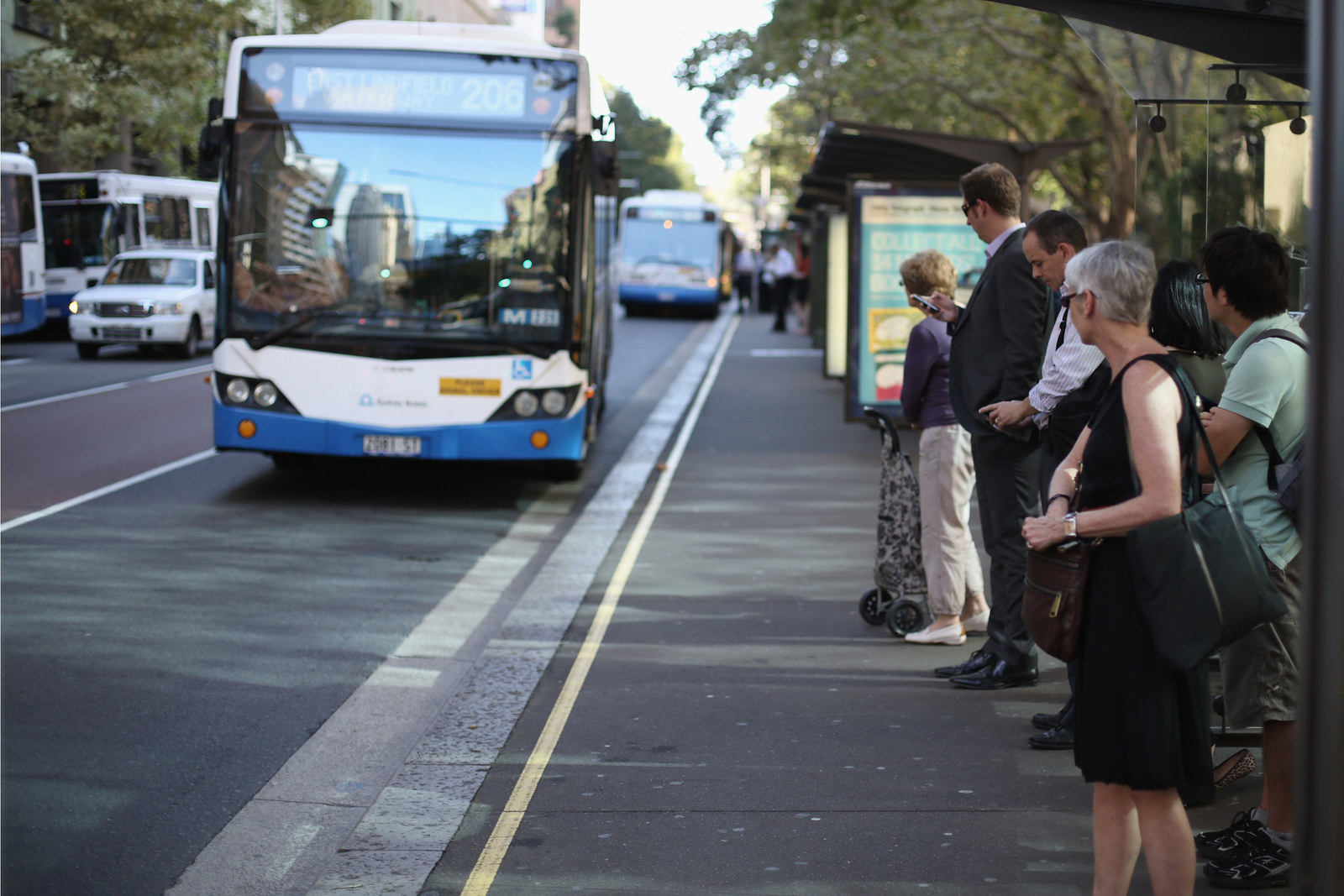
On Christmas Eve, 25-year-old transgender woman Veronica Garward was verbally harassed by a man as she waited at a bus stop in her hometown of Geelong.
"I was dressed in a long brown haired wig, makeup, a shirt that read 'Gender Is Over' and florally printed pants, and high heels that I had just bought," Garward told BuzzFeed News. "I walked to the bus stop, and I crossed the road and this guy looked at me up and down, and went, 'You fucking freak! You're a fucking joke!'"
About 15 minutes later, the man returned.
"He walked right up to me and grabbed his phone out, and said, 'You need to get your shit together, mate, you need to kill yourself and do the world a favour'," Garward recounted.
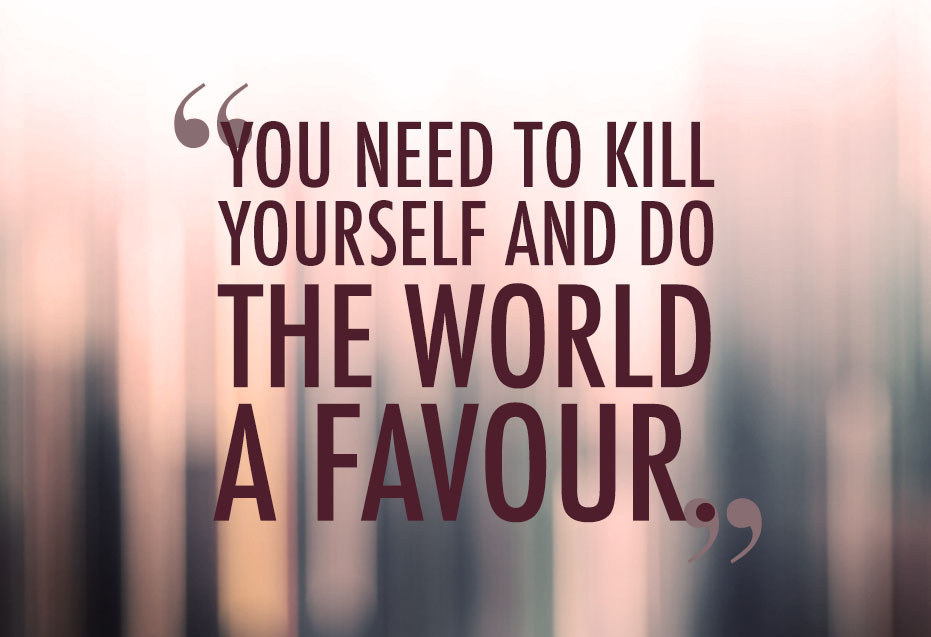
The man took a photo of Garward before continuing to abuse her. "He went on and on, calling me a pervert, a pedophile."
After the incident, Garward didn't leave the house for a while.
"I decided over that period of time that I wasn't going to let anyone have any power over me and that if I wanted a life, and if I wanted to do stuff, I had to go out there and get it, regardless."
Jonno, writer
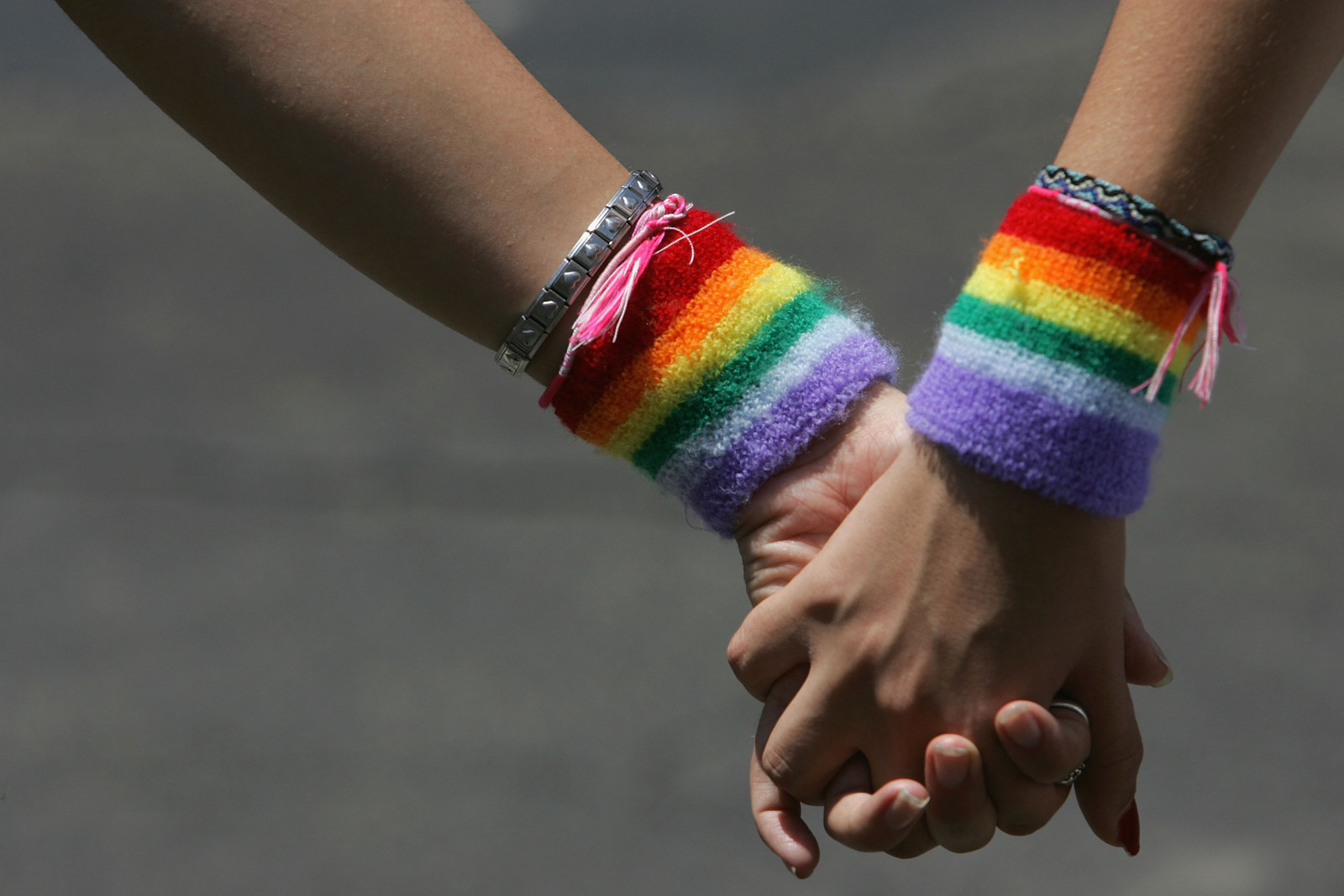
24-year-old Jonno is used to hearing slurs when out in public.
"I was visiting my boyfriend in Adelaide and we were holding hands at a bus stop and this guy [flipped] us the bird and called us faggots," Jonno said. After walking by, the man continued to stare at the couple, muttering things under his breath. Jonno was troubled.
"I find that passive aggressive harassment is often just as disconcerting," Jonno said. "I reckon I experience that every day."
As a non-binary person, Jonno says the harassment they face is often tied to their gender expression, and the assumptions people make about their sexuality.
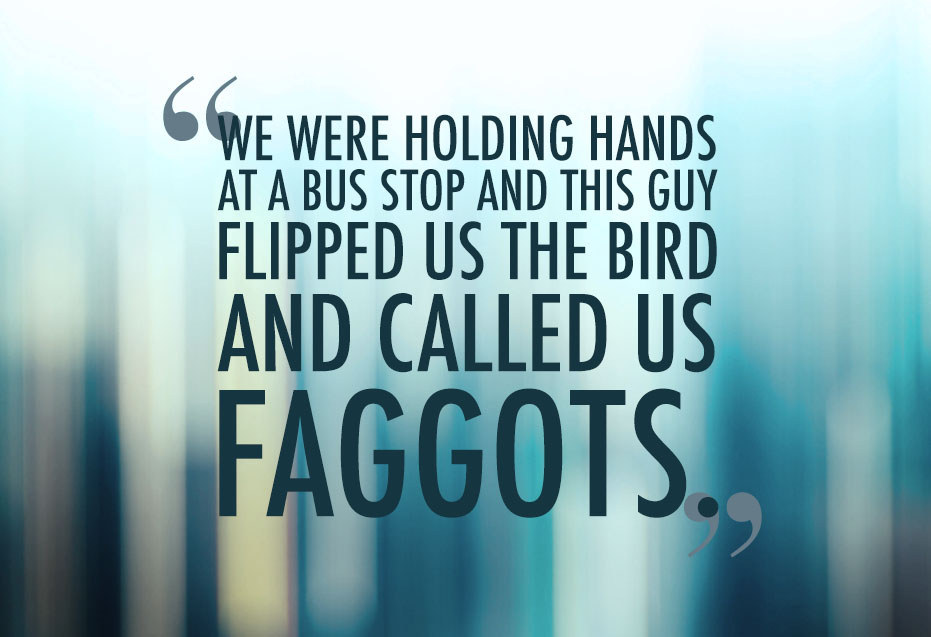
"If you express yourself in a gendered way that isn't normative, especially if you're a bit femme, you're going to attract scorn and unwanted attention."
"I think most transgender, gender non-conforming and non-binary people feel a pressure to pass as cisgender if they know they're going into a public space that might not be safe," they added.
"It's a constant anxiety....we're already subject to so much violence. But it doesn't make us any less trans by doing what it takes to be safe."
Johnny Seymour, musician
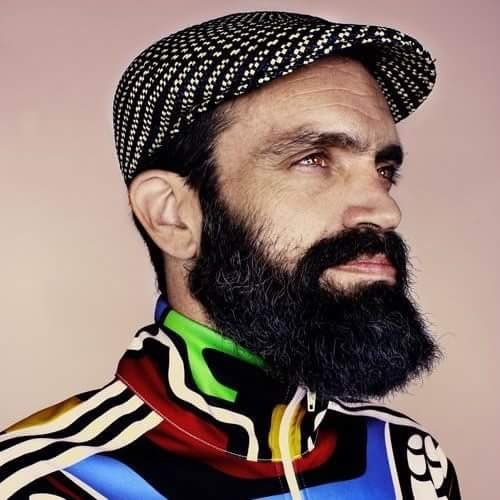
Johnny Seymour first experienced street harassment as a young person in Tasmania, where he was brutally beaten for being gay in 1987.
"I had an iron bar smashed over my head, kicked until I was unconscious," he told BuzzFeed News. Now living in Newtown, Seymour avoids violent confrontations, but still hears homophobic slurs from time to time.
“It’s always faggot, with some kind of qualifier. Fucking faggot," he said. “If it’s person to person it’s always from a group, if not it’s from a moving car.”
However, Seymour's early experiences and the strength he's drawn from the community around him have left him incredibly resilient.
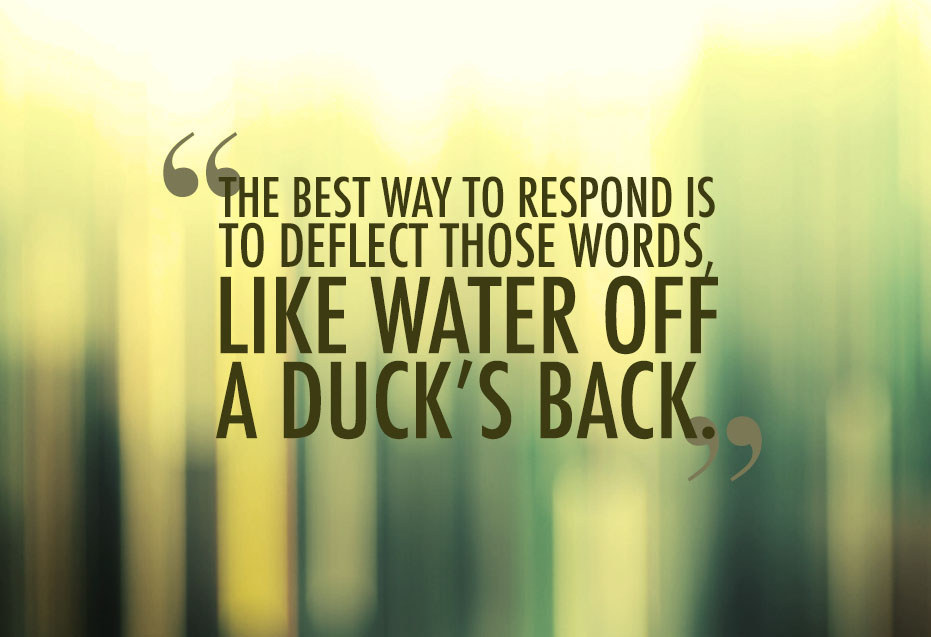
“Now, when someone says 'faggot', I’ve trained myself to rather than feel pain, to remember the brutality of what can follow those words, I hear the word faggot and I hear ‘you’re gorgeous’," he said.
"I’ll blow a kiss, or come back with something very complimentary, like ‘I love your hair’, ‘Thanks very much’ or ‘Thanks handsome’."
"The best way to respond is to deflect those words, like water off a duck’s back. Wear those words like a badge of honour.”
Fileborn said LGBT Australians reported the harassment as having a "profound impact" on their daily life.
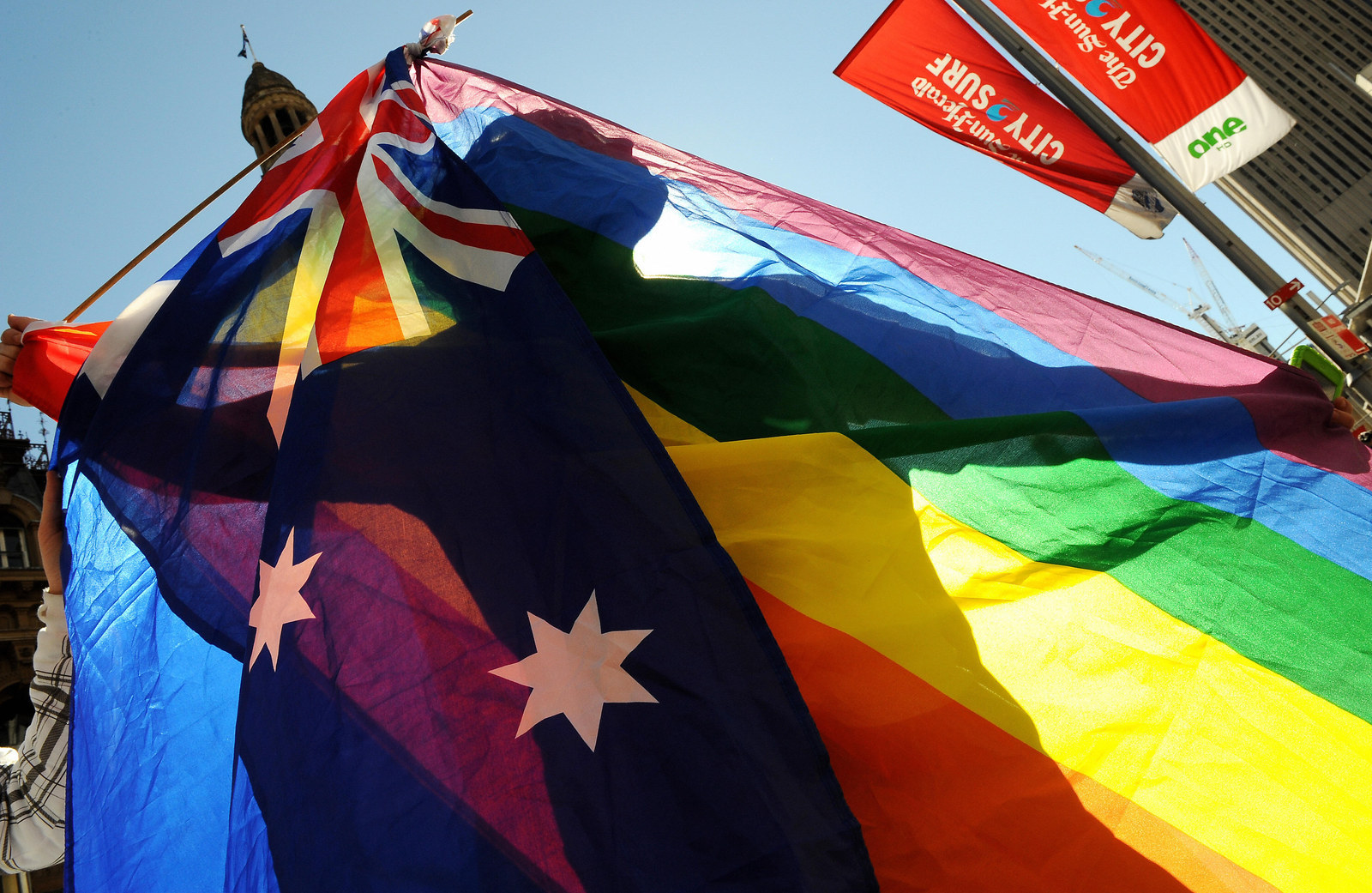
"Some people stopped going out at night, others stopped using public transport," she said.
"For same-sex attracted people, the biggest impact was feeling like you can’t express your sexuality in a public place. If they were kissing their partner, or holding their hand, that’s often when they ended up being harassed."
Transgender and gender diverse people received a lot of abuse from strangers who could not identify their gender, often communicated by derogatory comments like "Are you a man or a woman?"
Fileborn said many reported changing their appearance – or in a couple of cases, even delaying gender transition – to try and avoid such situations.
"It can be related to how well you 'pass' as male or female – the less cisgendered you look, the more likely to are to receive abuse," she said.
“But not everyone is able to pass or wants to pass as being cisgender. Even at the end of a transition process, you can still be easily identifiable as trans and still cop abuse for that.”
